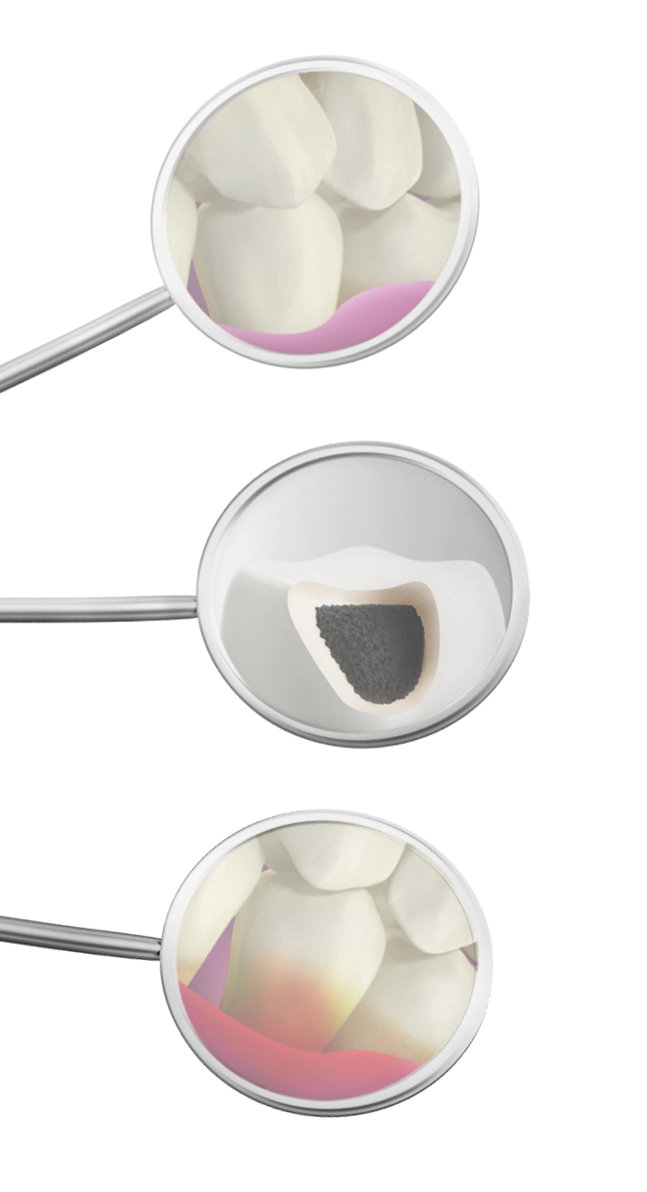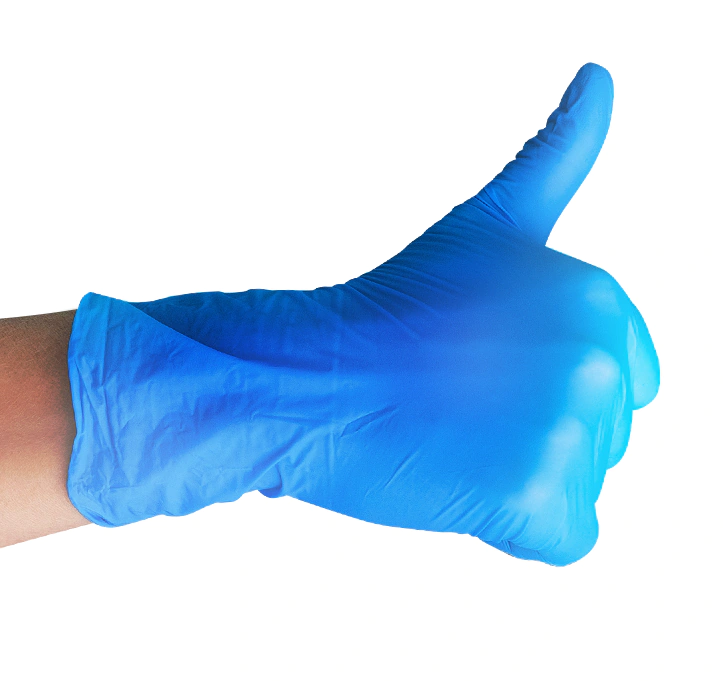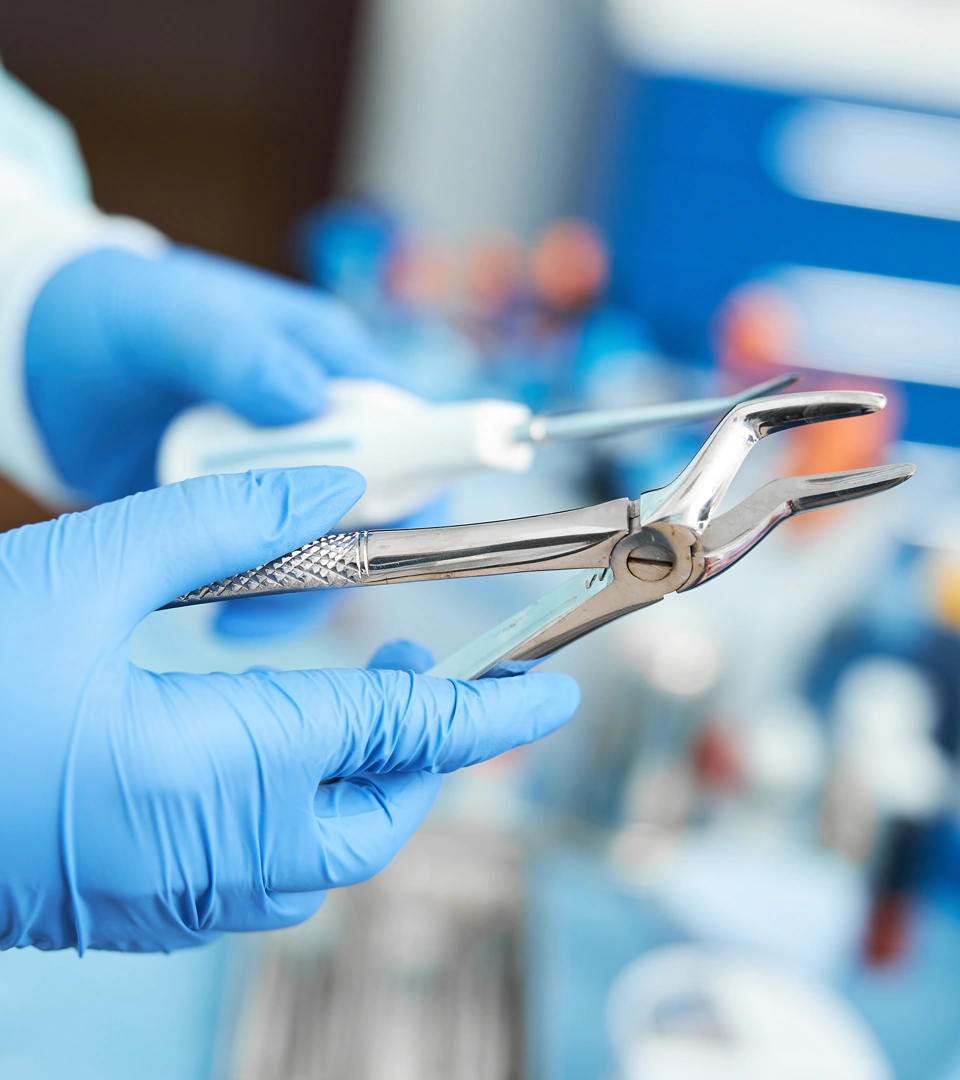Tooth Extraction
Tooth extractions happen for a variety of reasons, such as when the tooth has been badly damaged or decayed. Some common reasons a tooth may need to be extracted include:
1. In case your mouth is crowded, your dentist might recommend pulling teeth to make room for orthodontic treatment. It’s important if you’re getting braces or Invisalign, because it will help you get the best alignment possible.
2. Tooth decay or damage can lead to infection in the pulp. Infections require root canal therapy and antibiotics. If this is not successful, you may still need an extraction because you risk spreading dangerous bacteria in your mouth.
3. The very risk of infection may be reason enough to pull a tooth. For example, if you’re currently going through chemotherapy and/or waiting for an organ transplant, then even the possibility of getting a infection in the tooth could compromise your immunity! This is why most dentists will recommend removing teeth during these periods.
4. Periodontal disease is an infection that may cause the loosening of teeth. Occasionally, it’s necessary to pull out or remove a tooth in order stop any further damage from happening.


What you can expect during this procedure
When your dentist performs an important procedure like tooth extraction, you might feel a little nervous. This is normal, but it is completely painless, so nothing to worry about! Your dentist will use local anesthesia to numb the area of the extraction. Sometimes the situation may require a stronger general anesthetic. In those instances, the patient can sleep through the process.

Extracting Impacted Teeth
To remove a stuck tooth, the dentist will cut away gum and bone tissue that cover it. They will then use forceps to grasp the impacted tooth before gently rocking it back-and forth until it is free. In the most difficult scenarios, the tooth has to come out in pieces.

After the Tooth Extraction
You will be able to go home immediately following extraction. The dentist may give you a prescription for pain medications and anti-inflammatory drugs, which is meant as an extra measure of protection against infection. The healing process for a missing tooth can take up to two weeks.
